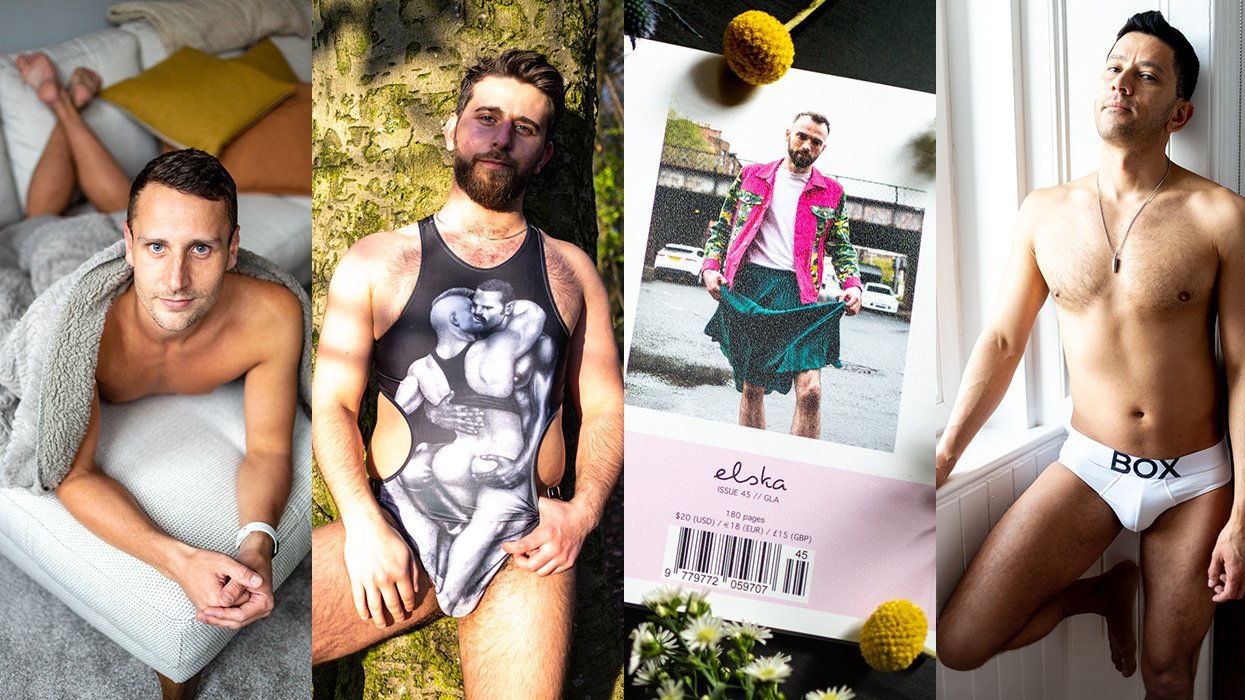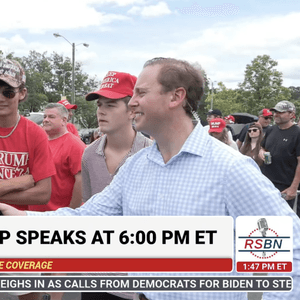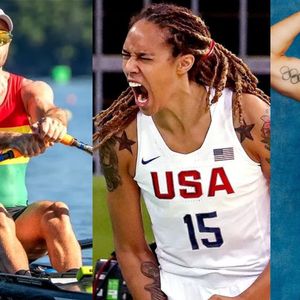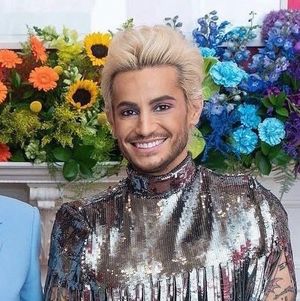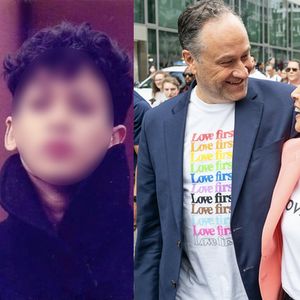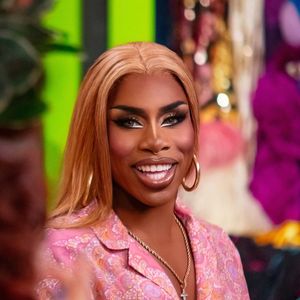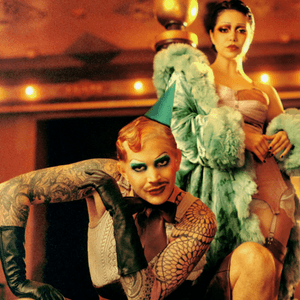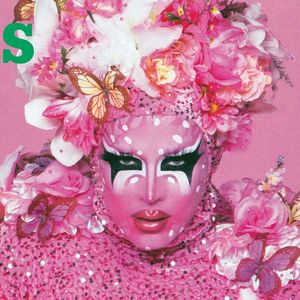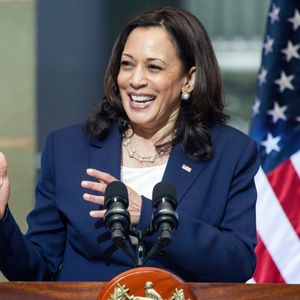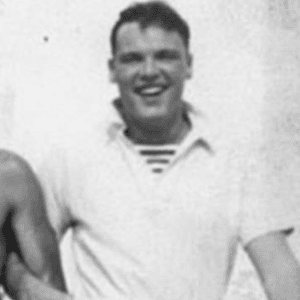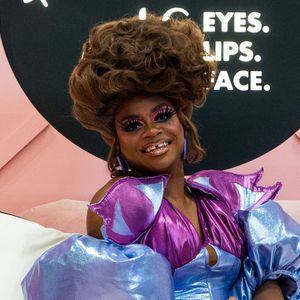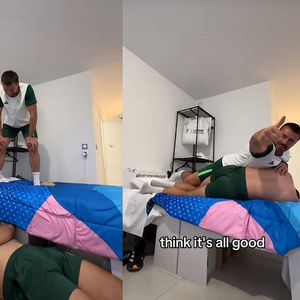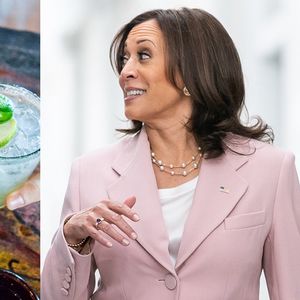In Philadelphia, we have the gayborhood, a lively gay plot of land in the heart of downtown. We have a rainbow street, fine dining and nightclubs, gender-neutral bathrooms, and some consider it a safe space for LGBT people citywide.
When I the Supreme Court affirmed nationwide marriage equality with the ruling in Obergefell v. Hodges, I decided that on this special day I would break my rule of not going to Woody's, the best-known gay bar in Philadelphia. I thought things would be different.
Instead, I found myself being shafted at the bar for 20 minutes before my black friend finally met me. Once there were two of us in same area, we were visible enough to receive service. This is what it feels like to be among a sea of mostly white cisgender gays and lesbians, with the bouncer being the only person of color we could see.
Here we were, "celebrating" with a group of people who hardly even acknowledged us or cared to put their prejudices aside for such a uniting moment in our history.
If you don't get it by now, let me be the first to tell you -- racism exists among LGBTQ people and has often manifested into discrimination as well.
I am a 23-year-old openly gay black man. I was born in Chicago and grew up in Houston. I graduated last year from the University of Pennsylvania, where I met my partner, and now live in Philly, working as a journalist.
Throughout my queer exploration, I could hardly find any LGBT leaders who looked like me, who I could attach myself to. There's Bayard Rustin, James Baldwin, and Alice Walker ... but then it gets harder to produce more off the top of my head. Where are they? Why are their stories not pushed more within the general narrative of what it means to be both black and LGBT in our community?
I have often heard ignorant remarks that suggest that people of color are too "hung up on race" to even care about LGBT issues -- but perhaps it's the opposite.
When you look at many of the current national LGBTQ leadership boards, they are predominantly white and cisgender, with a spark of color just for kicks. The Equality Forum, which put on the epic LGBT 50th Anniversary Celebration in Philadelphia this past July 4 weekend, confirmed that. When you look at who were considered "gay pioneers," received honors, and narrated the story of the movement -- they were mostly white.
The experience was bittersweet, as I felt empowered by meeting legends like Edie Windsor and icons like Jim Obergefell, but heartbroken that I was one of a small handful of people of color to have had that experience.
Being told by a few guests that "I wasn't like the rest of them" wasn't a compliment but a backhanded reminder of how this movement is still being dictated by the now-purposeful exclusion of blacks, Latinos, and Asians.
Sometimes, you want to just yell out, "There are more of us ... the revolution will not be a white-out," but then you realize that you too, the token of the group, might be silenced.
When I saw Latina transgender activist Jennicet Gutierrez interrupt President Obama to bring attention to the various struggles undocumented LGBTQ immigrants face, it struck a nerve with me of how the current movement is being hijacked by white cisgender privilege.
While she was being escorted out, white gay men in the room mocked her and even appropriated black sayings to even further the disrespect by rudely dismissing her with a harsh "Bye, Felicia" out loud. (FYI: That phrase came from the comedy Friday, about the daily hardships of lower-income blacks in South Los Angeles.)
In that moment, they didn't treat her as if she was one of their own, but as an outsider. Every day as a young black gay man I have to walk into various social settings and face the stereotypes and racial bias in just existing in my identity.
My Ivy League degree doesn't save me, nor does my ability to dress "less ghetto" or "act more sophisticated," as some of my fellow white gays have tried to tell me. Because they have forgotten that intersectionality does exist and it should now be at the forefront of our civil rights movement or else it will collapse.
Our population is changing and the leadership needs to accept that. No longer can you make the excuse that you don't know any openly LGBTQ faces of color who are interested in being a part of the fight for their racial communities and that of ours. I can see the connection between being both black and gay -- why can't you?
If three black queer women can create the now-prolific #BlackLivesMatter movement, why can't we as a community be better allies to the double minorities within ours?
It is mentally exhausting to have to split my identity in half just to feel accepted. My life isn't a gay day or a black one -- it's both, and I refuse to act at as though the discrimination I face while being black doesn't end the moment I walk into a LGBTQ space.
Now that marriage equality is won, that doesn't excuse the fact that the police won't unfairly stop and frisk my partner and me if we choose to marry. There is still much work to be done, and LGBTQ people of color should be included in that discussion.
Stop asking for our voices, recommendations, or thoughts and just bring us to the damn table! Otherwise, this movement will fall like Rome -- and the rest of the world will be watching the shade.
 ERNEST OWENS is an award-winning multimedia journalist and reporter-columnist for Metro Philly. The recent University of Pennsylvania graduate's work has also been published by The Huffington Post, USA Today, the Black AIDS Institute, and many more. He lives in Philadelphia, where he is currently taping his debut talk show at PhillyCAM. You can reach him @MrErnestOwens on Twitter and at ernestowens.com.
ERNEST OWENS is an award-winning multimedia journalist and reporter-columnist for Metro Philly. The recent University of Pennsylvania graduate's work has also been published by The Huffington Post, USA Today, the Black AIDS Institute, and many more. He lives in Philadelphia, where he is currently taping his debut talk show at PhillyCAM. You can reach him @MrErnestOwens on Twitter and at ernestowens.com.
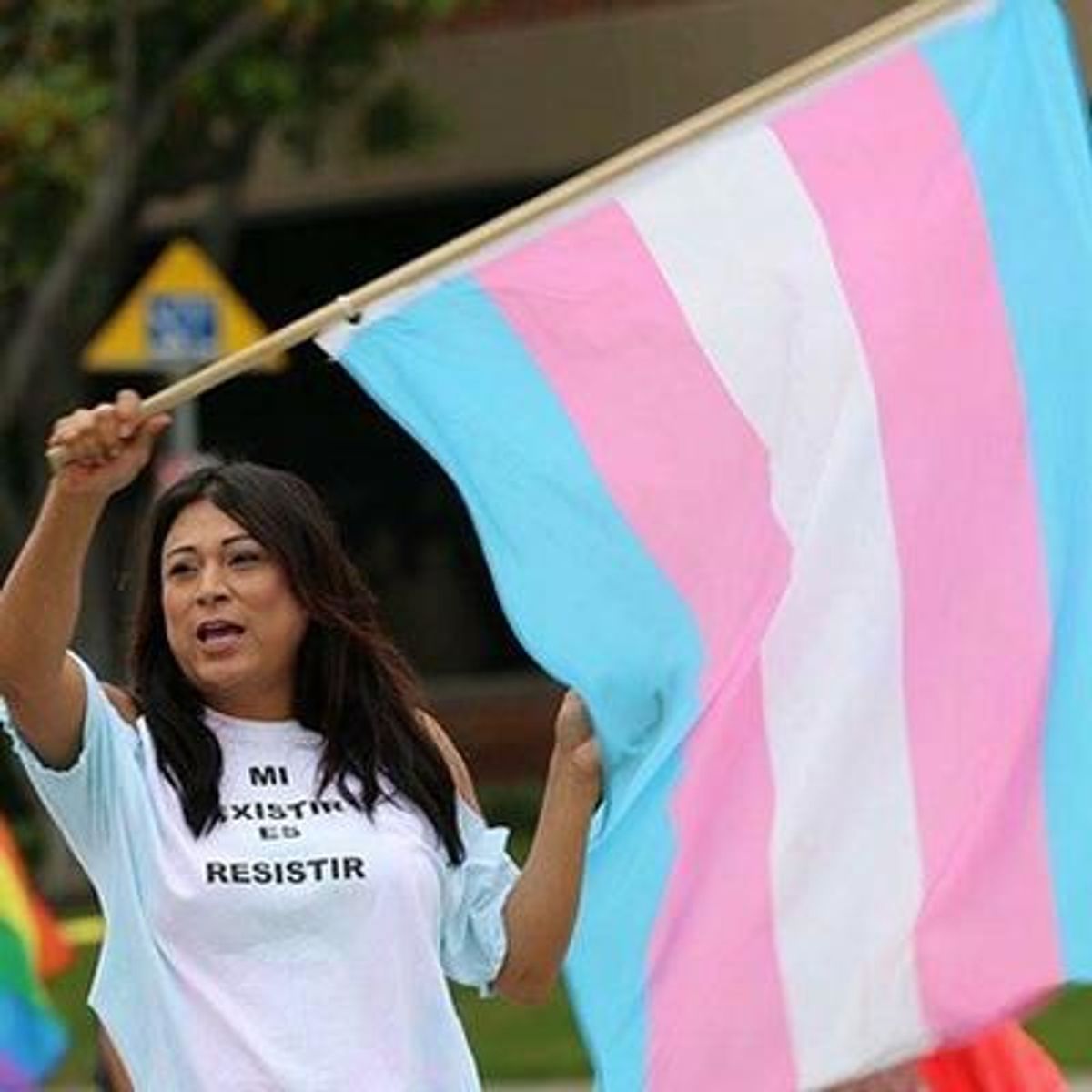

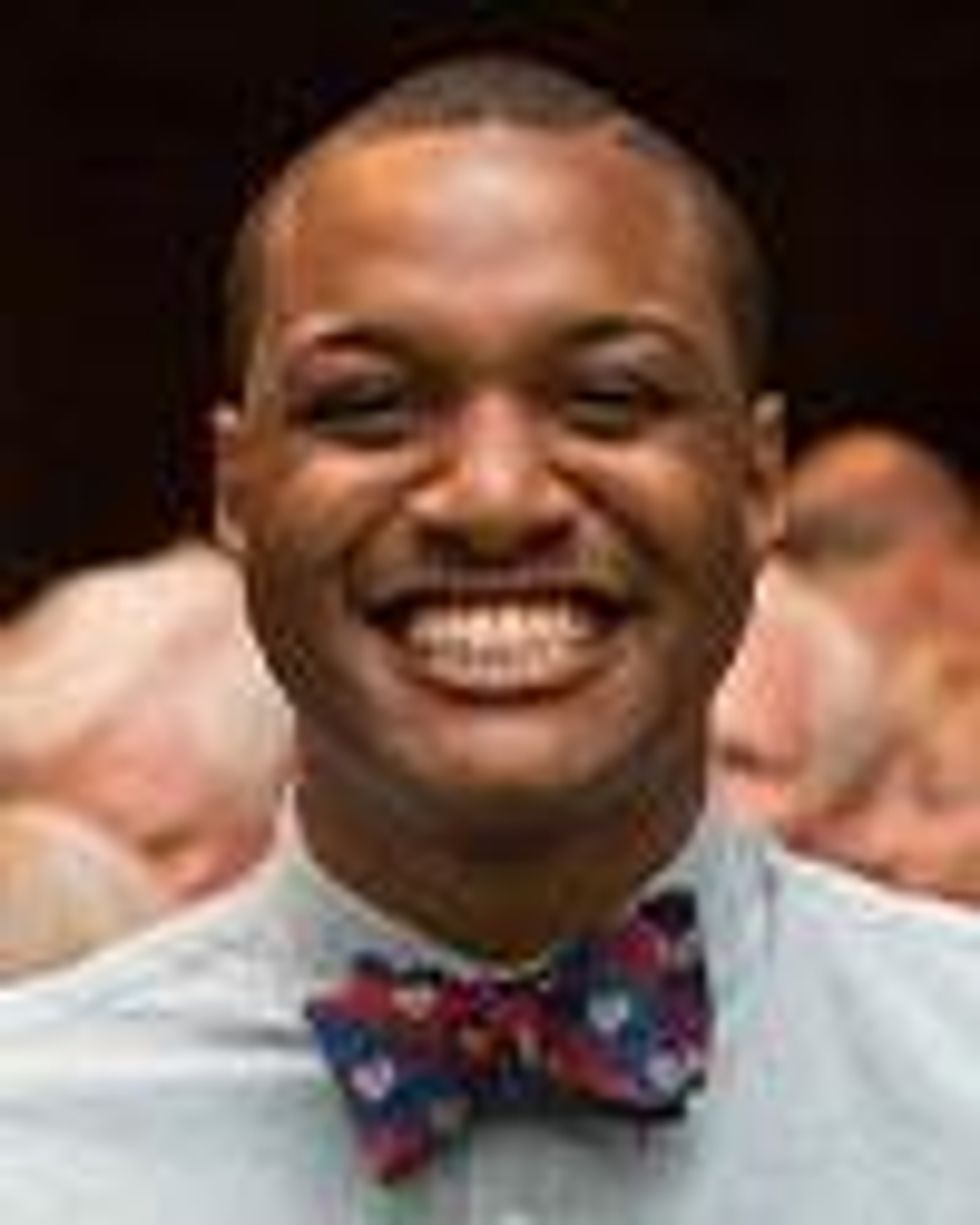 ERNEST OWENS is an award-winning multimedia journalist and reporter-columnist for Metro Philly. The recent University of Pennsylvania graduate's work has also been published by The Huffington Post, USA Today, the Black AIDS Institute, and many more. He lives in Philadelphia, where he is currently taping his debut talk show at PhillyCAM. You can reach him
ERNEST OWENS is an award-winning multimedia journalist and reporter-columnist for Metro Philly. The recent University of Pennsylvania graduate's work has also been published by The Huffington Post, USA Today, the Black AIDS Institute, and many more. He lives in Philadelphia, where he is currently taping his debut talk show at PhillyCAM. You can reach him 








